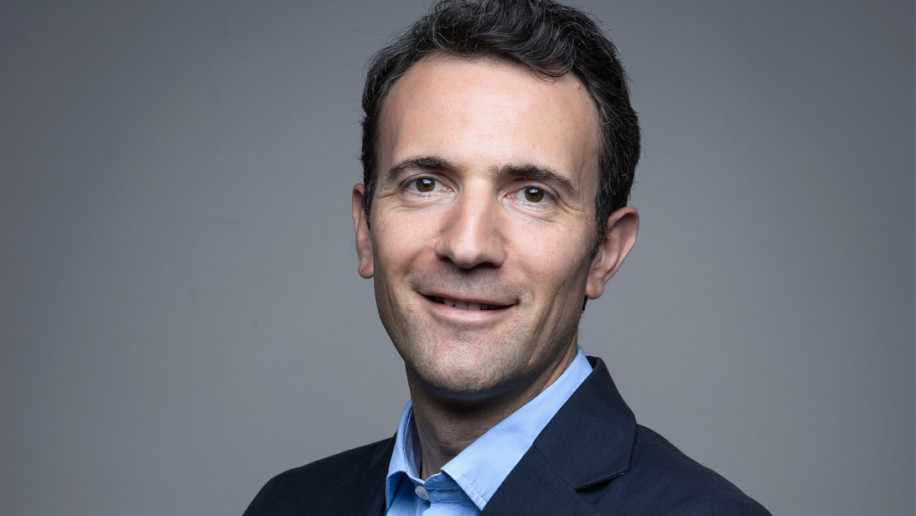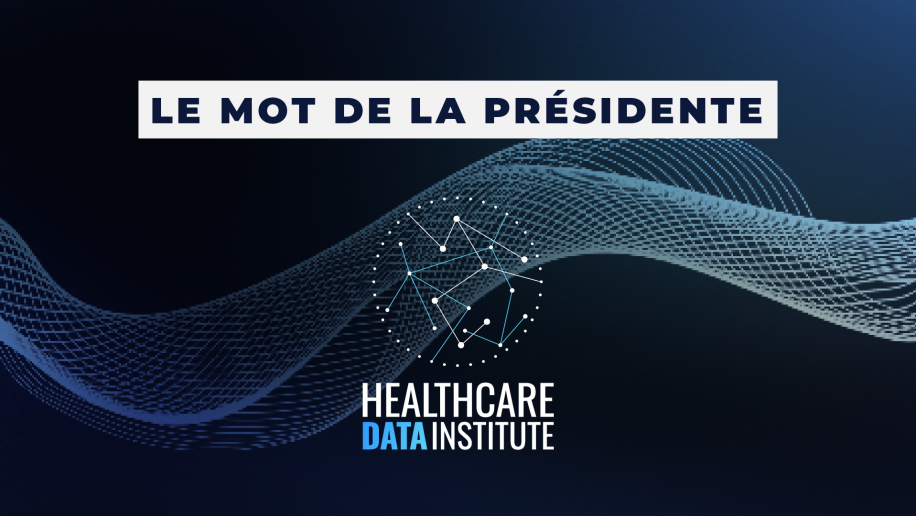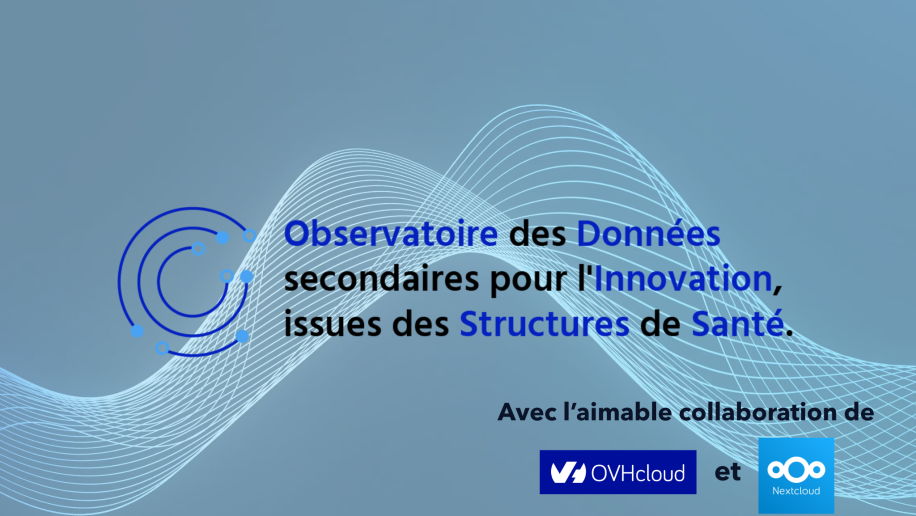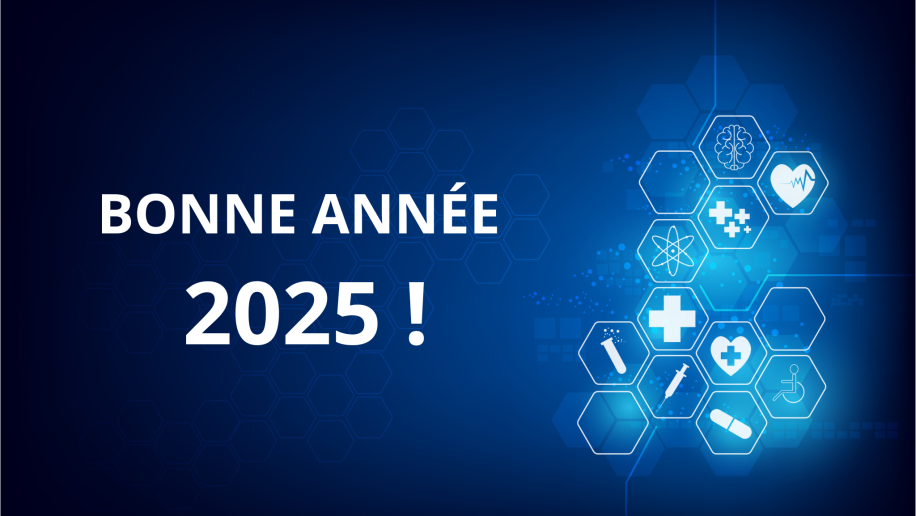Mr Pousset-Bougère, what are your responsibilities within Ipsen?
As Big Data and Analytics Director I currently lead all initiatives aimed at getting the most value from data. As such I report to our Chief Information and Digital Officer. The analytics team (formerly Business intelligence) handles all projects aimed at getting insights from our structured internal data, both centrally and locally (Ipsen currently operates in 30 countries worldwide). As part of Ipsen’s digital strategy, I started the Big Data programme at the end of 2014, building the team and defining our data lab approach.
What do you think are the main advantages of Big Data from a healthcare perspective?
As far as we could investigate on real cases within Ipsen, the capabilities of Big Data seem to me to be almost limitless. So are its multiple applications within healthcare, particularly in existing real use cases. All areas currently using a huge amount of data are looking into the benefits of Big Data: bioinformatics, biostatistics, business development and in-silico research. The rise of data science and all its brand new machine-learning algorithms (which did not exist 10 years ago) are also likely to transform modelling and simulation. But this is only the beginning!
Data is everywhere and is creating a real disruption in healthcare. Mobile apps and the Internet of Things in particular will bring lots of new data that Big Data will enable us to derive value from, helping us to generate new offers, new services and additional business models. This should change the relationships between healthcare companies, healthcare professionals and patients. The big winner overall will probably be the patient! At Ipsen, « innovation for patient care » is our vision and we think Big Data will play a key role in this.
Describe the team you need to put in place for Big Data
There are different ways of handling Big Data, depending on the size of the company and the investments you’re prepared to make. At Ipsen we felt Big Data could be a competitive advantage and we set up an internal team of skilled professionals focusing on delivering use cases. Use cases are intended to quickly deliver value on existing processes (first iteration) and then to generate new ideas straight from the data (other iterations). Each use case is based on the data lab approach (iterative, « fail fast, learn fast », 3-month timeframe).
A team working on use cases must have this mindset, which is very different from the « right first time » approach pharmaceutical professionals are used to. My team has been recruited in the last 12 months. The PMO structure coordinates all our initiatives from the United States. A data manager cross-functionally handles the growth and structure of our data lake. The data science team delivers (very quickly) new data and machine-learning algorithms. Most of them have a background in computational science, specialising in computer science. Usually you would also get someone to work on this particular type of infrastructure. At Ipsen we are leveraging the cloud for High Performance computing, so it is managed with a shared digital resource.
Do these new roles require any specific HR management?
These new roles involve completely new ways of working and by extension new ways of relating to the company they are working with. At Ipsen we work closely with HR and the recruitment of these new roles required a new approach that we are constantly reworking. Talent management is also changing to adapt to Digital players and Big Data in particular.
For data scientists alone we needed new ways to advertise the job, a new definition of responsibilities and a shift within career management. If I had to prioritise three behavioural mindsets for the Big Data team, these would be agility, the ability to learn from the failure of a project, and entrepreneurship. And a thorough knowledge of the technologies Big Data is working on (cloud ecosystems, machine-learning algorithms, data visualisation tools).
Naturally there is competition. And healthcare has an important role to play because of the fundamental objective it is pursuing: helping patients manage their conditions.
___
Raphaël Pousset-Bougère is Big Data and Analytics Director at Ipsen. He manages across Ipsen business’ departments all projects and initiatives based on data for decision making and analysis. Raphaël is passionate about data and its usage for the development of companies strategy. He has a 15+ experience setting up and managing data management and Business Intelligence activities in global companies. He operated in various business environments such as Retail (Fnac, Carrefour), Automotive (Nissan Europe) and now Healthcare with Ipsen. After 2,5 years focusing on structured data analysis within Ipsen, he started the Big Data program in 2014. Raphaël holds a Msc in Computer Science from ESME-Sudria Paris.




